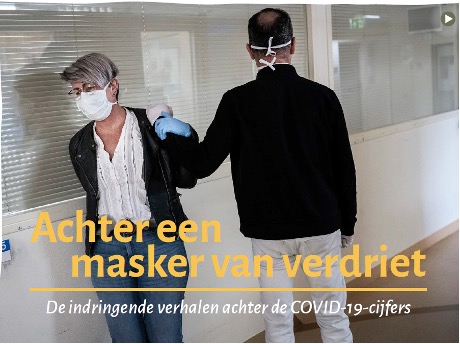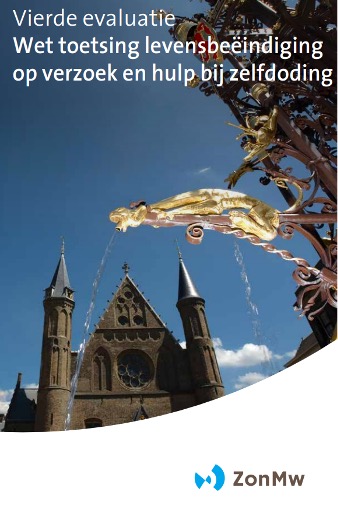Medical Care and Decision Making at the End of Life
Evidence-based ánd person-centred care for people with serious illness
Medical decision making for people with serious or incurable illness is prominent in both societal and scientific debates. Contemporary societal issues in serious illness and end-of-life care include the ageing population, an increasing emphasis on patient engagement and self-determination, an increasing role of technology, and the medicalization of dying. Our research projects include quantitative and qualitative studies on the experience of serious illness, shared decision making and advance care planning, medication management, volunteer support, support for families, self-management and end-of-life care. To enhance practical and societal relevance of our studies, we often engage representatives of patients and service users. In doing so we aim to establish meaningful and sustainable input of these groups. We participate in clinical and interdisciplinary networks dedicated to improve the quality of serious illness and end-of-life care, both at regional and (inter)national levels. Increasing opportunities to treat people with serious illness, with sometimes unpredictable outcomes, and growing shortages in care staff, add to the urgent need for models of care and tools for decision making for vulnerable people that are supported by healthcare professionals, patients, family and the wider community. Our ultimate aim is to contribute to better care for people with serious illness.
Highlight
Publieks rapport van iLIVE
During our ZonMw project, "Experiences of end-of-life care during the COVID-19 crisis," we examined how caregivers and survivors experienced end-of-life care during the COVID-19 pandemic. As researchers, we often work with numbers that allow us to act with our minds. But it was precisely the personal stories of caregivers and bereaved families that touched our hearts. Poignant stories that should not be lost. And so this digital corona monument was created. A monument that acknowledges the emotions of survivors and caregivers. That contributes to processing powerlessness and grief during the pandemic. An insight into the feelings and experiences of caregivers and survivors with reflections from experts by experience and professionals. A monument that makes us all even more aware of what good care in the last phase of life means.

Evaluatie euthanasiewet
The Termination of Life at Request and Assisted Suicide Review Act (Wtl) came into effect in 2002. The Act's objectives are to provide legal certainty to physicians who end a patient's life on this patient’s request, to guarantee the carefulness of that action, to provide an accountability framework for physicians and to promote social transparency.
Prof. Agnes van der Heide chaired the committee that conducted the fourth evaluation of the Wtl, covering 2017-2022. The evaluation study included an analysis of policy reports, political and societal discussions, and questionnaire studies and interviews among thousands of stakeholders, among which citizens of the Netherlands. The overall conclusion is that the objectives of the law with regard to legal certainty, due care and transparency are still sufficiently achieved. However, the debate on various aspects of the law has certainly not subsided in recent years. The evaluation also contains an outline of possible future perspectives for the regulation of end-of-life issues and 14 recommendations, for instance to organise more opportunities for physicians to get advice and support from expert colleagues when deciding on complex requests and to investigate how physicians deal with pressure from patients, family and from society in their decision-making on requests for assistance in dying.

Section: Medical Care and Decision Making at the End of Life












